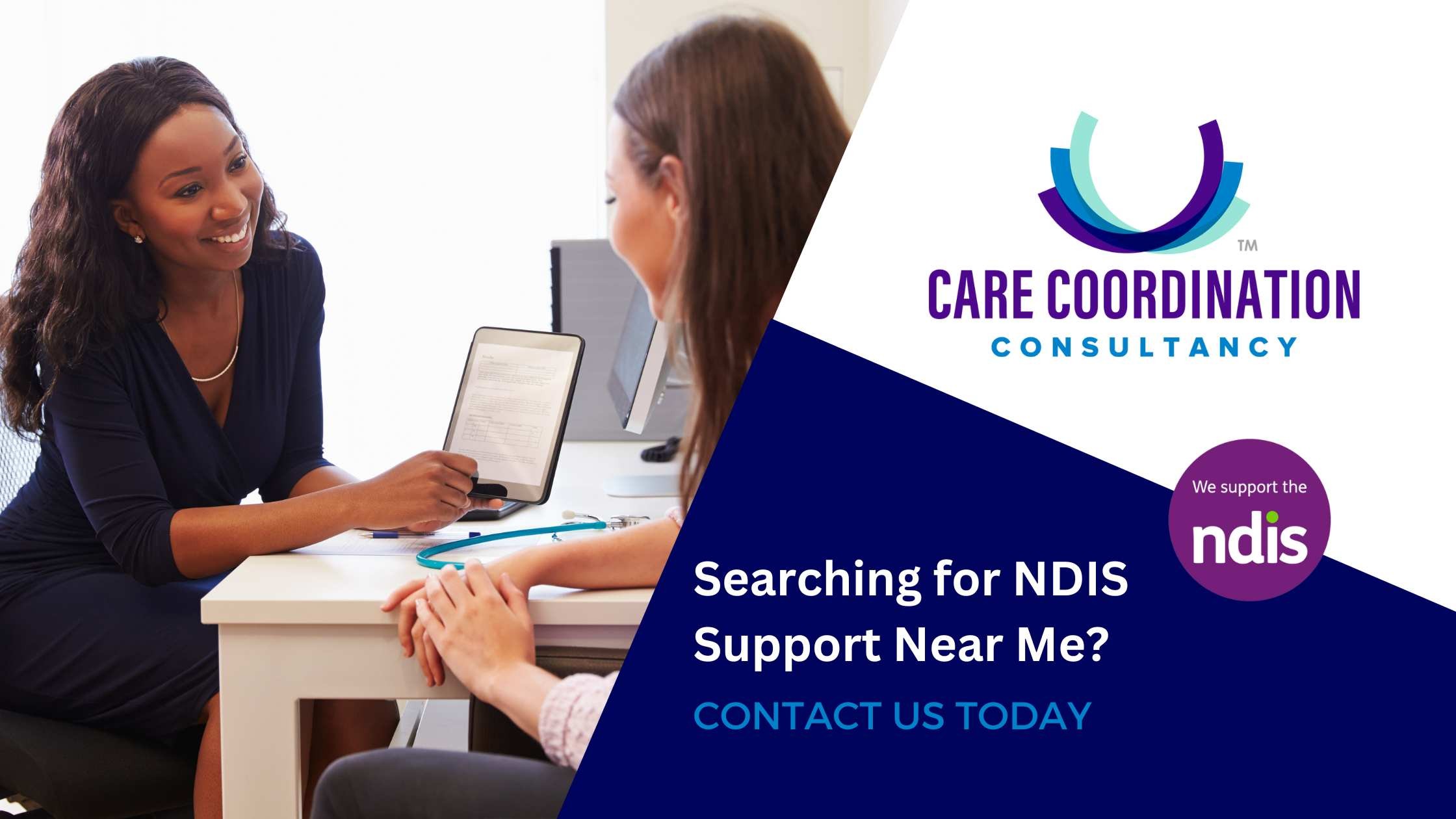
To understand who is NDIS eligibility it is important to understand what the NDIS is! The National Disability Insurance Scheme (NDIS), launched in July 2016, is a social security system to support people with disabilities. It seeks to help the 1.6 million Australians living with disability access the services they need at an affordable cost. This system also seeks to reduce the burden on other government programs, such as the Department of Social Services and the Department of Human Services. The NDIS aims to provide accessible support for those who need them most.

To increase accessibility the NDIS have several options for applying which you can look into by clicking here. You can submit a verbal application or fill out an access request. Once you submit your application for NDIS access you will have 90 days to provide evidence of your permanent disability, so it is vital to first gather as much information about your disability and submit it with your application. You can gain evidence of your disability through the public health system or you can pay privately to get this evidence. The types of evidence you submit will depend on your specific disability. For example, if you have a mental health disability, your application will rely more heavily on evidence from psychologists and psychiatrists. Conversely, if your disability is physical you may need more evidence from physiologists and neurologists.
Examples of documentation the NDIS will prefer include:
If you need assistance accessing the NDIS, a variety of advocacy services can assist you in doing so. It is crucial to put yourself on the list for an advocacy service as soon as possible. Click here for a list of services that will help you access the NDIS.
The coverage under the scheme extends to people eligible for the program and has a list of eligibility conditions and criteria. A person may also receive benefits if they have a disability and meets specific other requirements outlined in the legislation. Some things covered under the NDIS program include
Assisted technology is one of the most critical aspects of the NDIS. It covers assistive technologies and devices, such as mobility and technological aids. For example, if you need a wheelchair to move around with ease and independence, you may be eligible for an assistive wheelchair to help you get around. These devices are typically either too costly or not accessible because they don’t have the right features. With the introduction of the NDIS, these devices are now available to those who need them at no cost.
The NDIS will also cover support for animal and pet care services when a person has it preapproved in their plan. This includes the costs of boarding, training, and rehoming animals. There is also a plan to have funding for the purchase of animals under this scheme to provide easier access to a service that can be expensive. As an animal lover, you’d likely agree with easing the burden on people who care for their furry friends so that they receive some assistance. If you would like to gain an assistance animal under the NDIS, you must talk with your support coordinator and plan it out very thoroughly.
The NDIS will cover health care services relevant to your specific disability. At times, this can include treatment and medications, mental health services, physiotherapy, and occupational therapy. The scheme can also cover the rehabilitation of people with disabilities and support their families, otherwise known as informal support systems.
The NDIS can cover personal assistance services, including the following:
A person may also receive benefits if they have a disability and meets specific other requirements outlined in the legislation. However, this is outside the NDIS and is known as the Disability Pension or Carers pension. Please let your support coordinator know if you want to access these services and need assistance.
The NDIS covers other aids and supports, such as the provision of community transport, increased community participation, group activities, mentoring services, educational assistance, and school leavers employment services. These are all provided to ensure that people with disabilities can live independently and have an adequate quality of life.
What the NDIS won’t cover can change dependent on your specific disability. In general though, the NDIS will not cover:
If you need help navigating the NDIS please don’t hesitate to contact us!